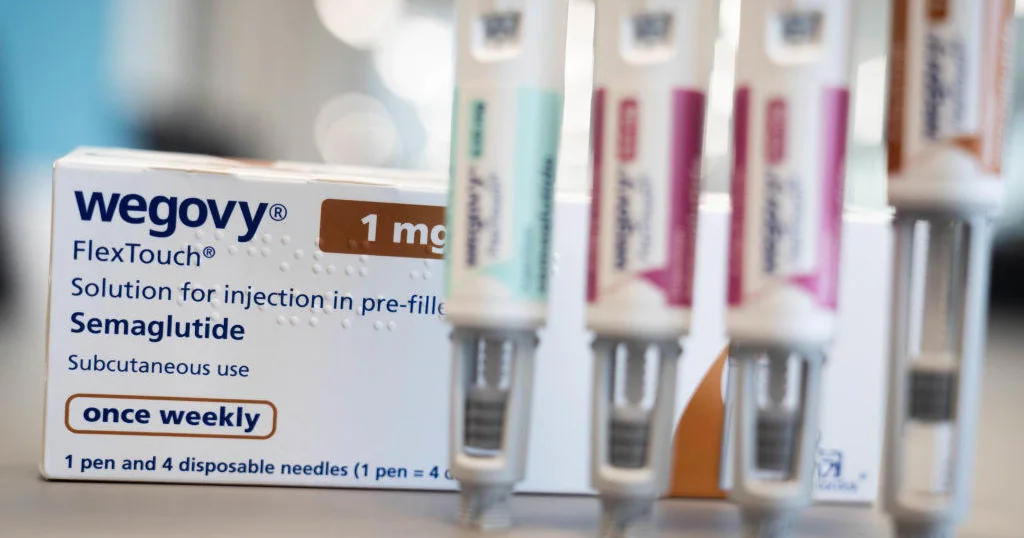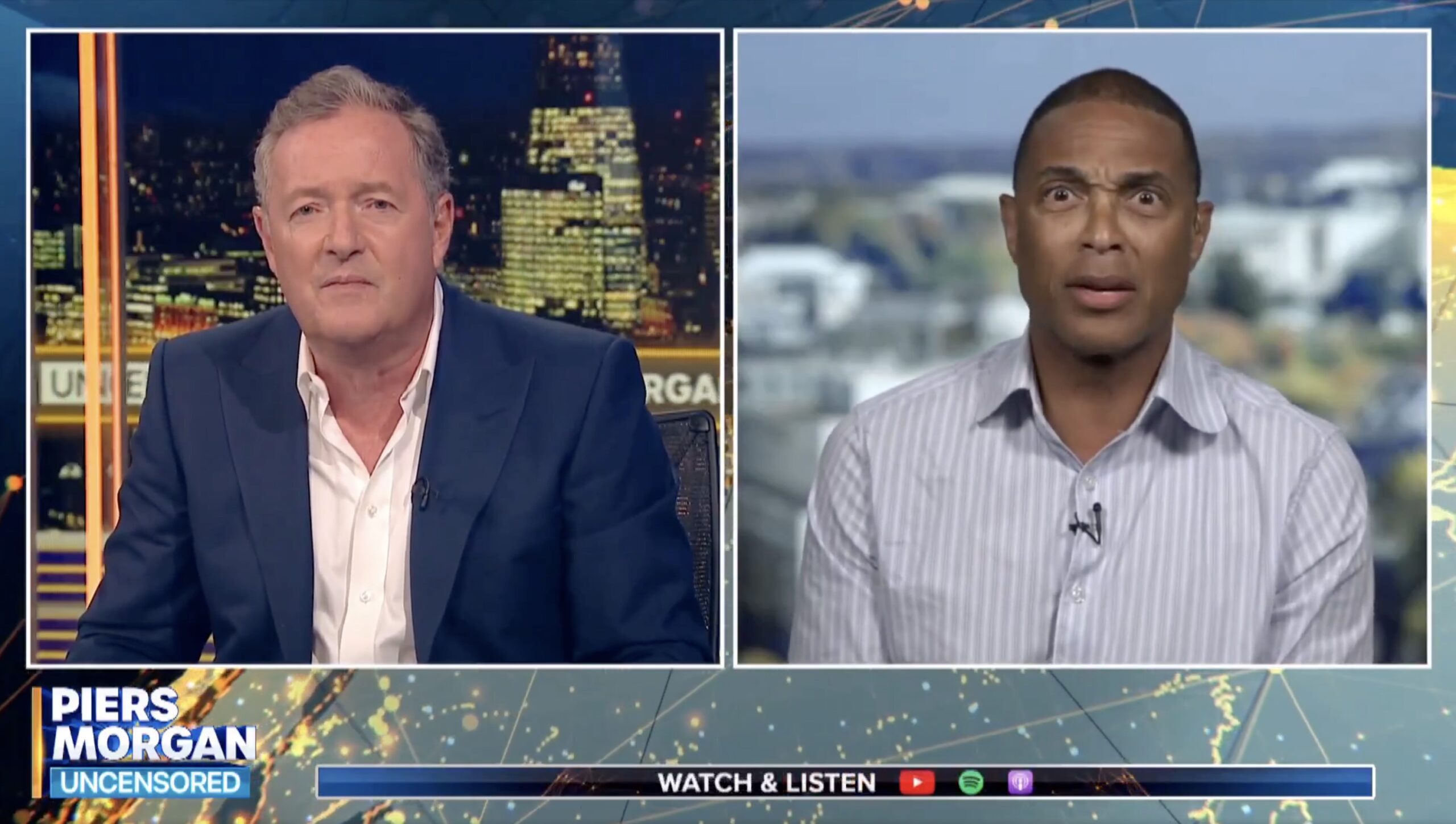
People are landing jobs faster after sending fewer applications than earlier this year, according to ZipRecruiter’s latest quarterly survey of 1,500 new hires.
Nearly half, 49%, of recent hires surveyed in August said they were able to find a role within a month of starting their search, up from 39% of new hires who said the same thing as of May.
Mass applying phased out, too: Candidates sent a median of 24 applications before securing an offer, down from 30 the previous quarter. And a majority 52% said they heard back from a hiring manager within three days, up slightly from 45%.
“The job search is speeding up because there’s a better match between job seekers, the types of jobs that they are going after and what employers are looking for from them,” ZipRecruiter’s labor economist Nicole Bachaud tells CNBC Make It.
Job seekers are becoming more focused in the roles they want, and employers are putting up openings they intend to hire for quickly, she says: “On both sides of the market, we’re seeing this focus on necessity and stability.”
Workers are also deprioritizing certain career goals in order to secure stable income. Fewer new hires reported landing their “dream job” compared to the previous quarter, but a growing share, 91%, say they’re happy they took their role.
While the share of workers who landed a bigger salary slid, they’re increasingly seeking employers that offer a good culture fit and schedule flexibility, Bachaud says.
Many candidates are re-negotiating their job options given the tight market. There is currently about one job for every job-seeker on the market, per Labor Department data, compared to a record two jobs for every candidate during the Great Resignation period of 2022
“Job hugging is absolutely taking hold,” Bachaud says, referring to the concept of workers holding onto their jobs given the lack of opportunities elsewhere.
As for people moving into new jobs, health-care workers continue to have more options than other workers.
While health-care jobs in the health-care industry, like at hospitals and medical facilities, are weak, openings for these roles in public administration “increased significantly,” Bachaud says. That’s because more local public health authorities are looking to “transition through a lot of the changes that are happening at the federal level.”
State and local governments need health-care staff to “be ready to respond to new policy initiatives and to be a resource for people in their communities, especially as we’re getting into flu season when public health authorities are typically busier,” she says.
Health-care jobs in other areas including personal care, nonprofits and domestic services are also up.
“There’s always a huge demand for people in the health-care industry,” Bachaud says. “We’re just seeing a little bit more dispersion outside of a hospital or a health-care employer,” like at local government bodies, retail pharmacies and med spas.
While much of health-care hiring is driven by necessity, anticipatory hiring is picking up in retail and transportation for employers to get ahead of the holiday shopping season, signaling that businesses expect consumer spending to be strong through the rest of the year.
“There’s still a big risk with tariffs increasing prices” that could drive households to spend less, Bachaud says. However, the Federal Reserve cut interest rates for the first time in 2025 on Wednesday. The move is intended to help businesses grow by reducing the cost of borrowing and encourage consumer spending.
Given the move, “and the anticipation that we’re going to see additional cuts to the Fed funds rate throughout the rest of this year,” Bachaud says “we might see more business activity and hiring picking up as we get into the end of 2025.”
Want to be your own boss? Sign up for Smarter by CNBC Make It’s new online course, How To Start A Business: For First-Time Founders. Find step-by-step guidance for launching your first business, from testing your idea to growing your revenue. Sign up today with coupon code EARLYBIRD for an introductory discount of 30% off the regular course price of $127 (plus tax). Offer valid September 16 through September 30, 2025.
Plus, sign up for CNBC Make It’s newsletter to get tips and tricks for success at work, with money and in life, and request to join our exclusive community on LinkedIn to connect with experts and peers.



